ESG Today reports that agriculture has become a sector of interest for decarbonization solutions, as it is one of the hardest-to-abate sectors. The production of food and beverages, both associated with farming worldwide, represents a third of the total carbon footprint of Earth.
To solve this issue, Nestlé has now piloted a project in the UK with the aim to use cocoa shells that are a byproduct of the company's plant in York, in order to convert them into low-carbon fertilizer. A two-year trial will take place, assessing the performance of the new product and the impact it has on the planet itself.
Should the project prove viable, as much as 7.000 tons of low-carbon fertilizer could be manufactured by the company in the UK alone and supplied to farmers locally.
As a food and beverages company, only 5% of Nestlé's emissions come from its own operations, with the rest of the GHG footprint coming from the value chain, including sourcing ingredients.
Matt Ryan, Regeneration Lead at Nestlé UK & Ireland, said that "farmers often find themselves to be among the first groups exposed to global issues, and these risks are then borne by the food system we all depend upon. We have to find ways to build more resilience into the system and optimizing our use of natural resources is a critical part of this. This project is a small, but very meaningful step towards a net zero future, where farmers, local enterprises, and nature all stand to benefit."
 Mihai - Cristian Ioniță
Mihai - Cristian Ioniță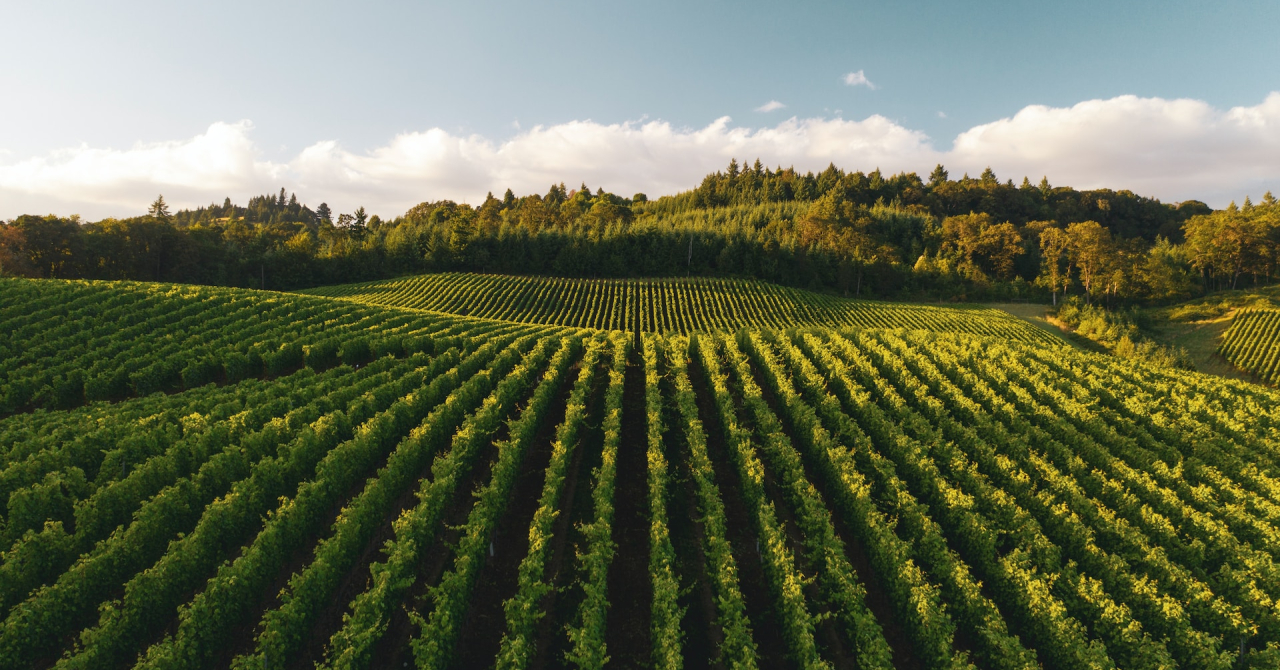

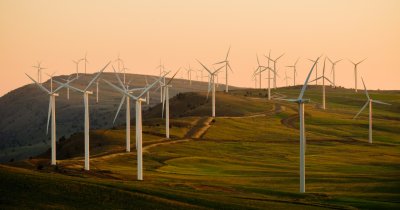
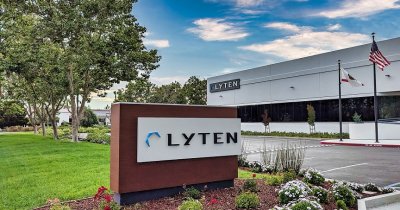
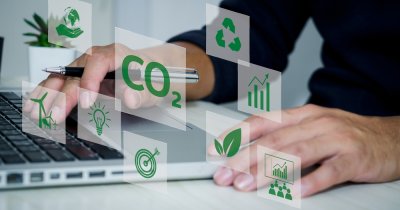

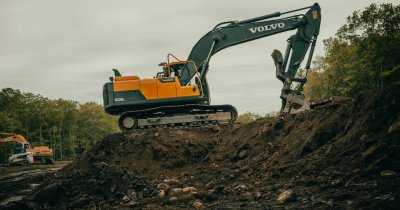
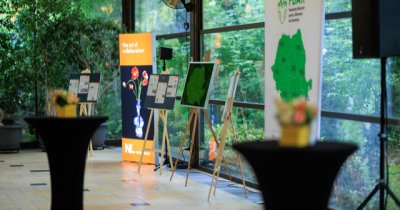

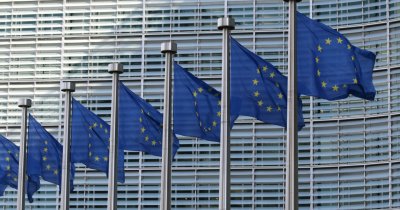
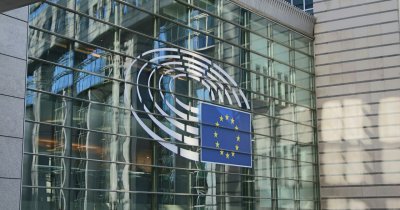


Any thoughts?